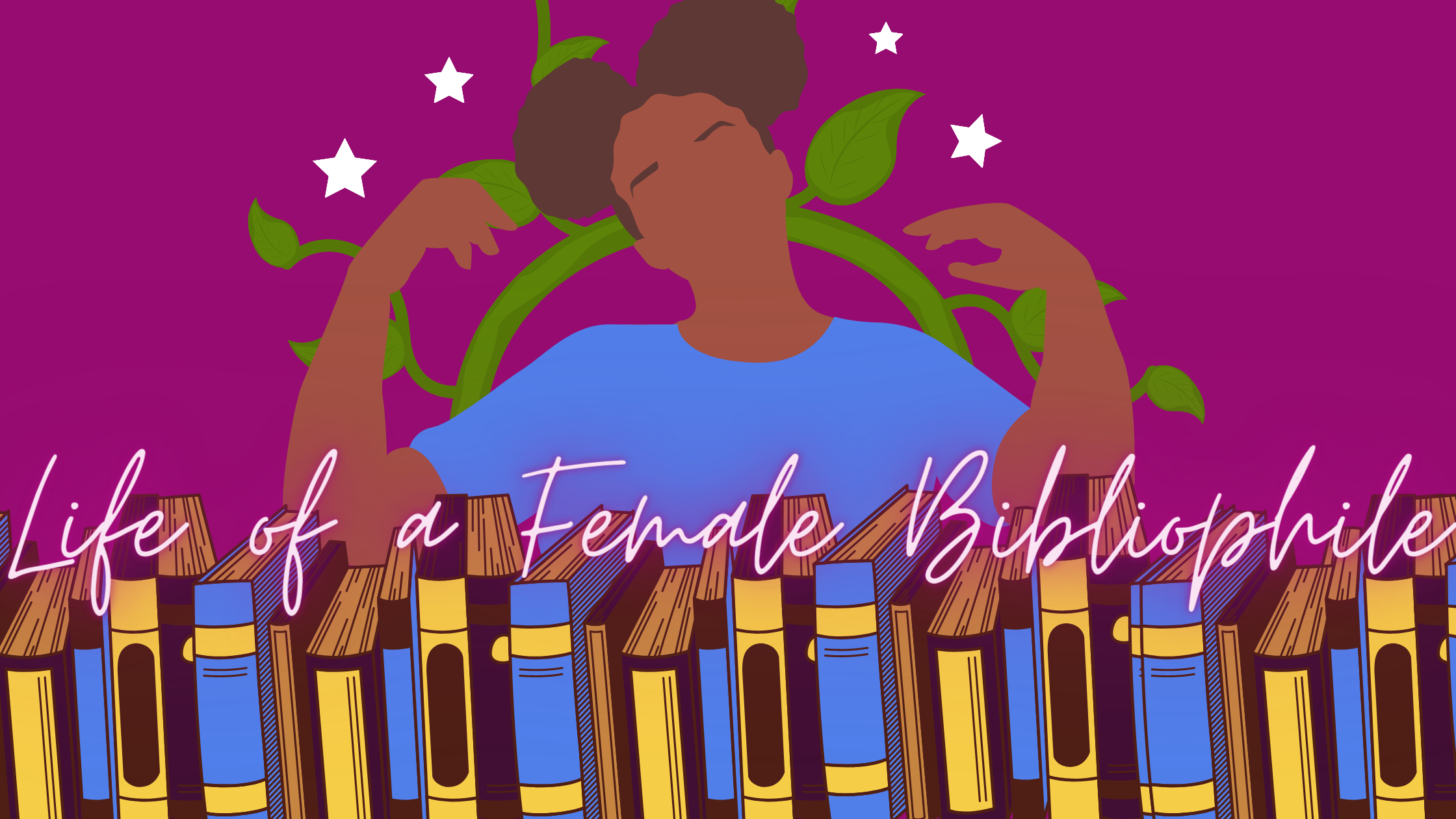Literature In Translation
What is the value of literature and the written word?
The written word is a powerful tool used to educate, grow, and learn. With words and literature we expose our minds to ideas and different ways of thinking. We share these new ideas with others and text allows readers to be connected with one another.
There are many things that go into writing any novel or story: tone, voice, narration, point of view, theme. The list could go on and on. Though it can be sometimes difficult to keep the text intact through translation because the meanings of words constantly changes with each language. I think it’s most important to preserve the voice. Whether it’s the protagonist, narrator, or whoever is speaking in the story, it’s essential to the storytelling process to have voice. Otherwise the true meaning of the novel could be lost and the message is unclear to readers.
In my own experience, I studied Japanese throughout college and still to this very. One of the hardest (oh who am I kidding), the hardest course I took in my language courses was Japanese translation. Not only did I struggle with reading Japanese, but translating it was a whole other ordeal. Though it was hard to translate stories in either way (English into Japanese, Japanese into English) because you had to make sure the right word fit the context of the situation, I loved the challenge. I also think it is equally helpful that there are so many translation software websites available like Smartling to help me and many others understand what I was reading. During my class, my teacher exposed us to familiar stories like Snow White and well-known (but somewhat unfamiliar to us) Japanese classics like Genji Monogatari. Though the meanings of the words always changed the voice was almost always intact. And that helped me understand the story even though it was in a different language.
Overall, I think language translation allow literature to be shared with the world. Everyone can be connected on a global level by having literature be accessible in their language, we can share our stories with each other, and learn about each other’s cultures. I’m also very thankful that translation has given me the opportunity to be exposed to so many wonderful pieces of literature. With literature in translation, a little goes a long way.
What are your thoughts on literature in translation? What aspect of writing would you want to be preserved from language to language? Share your thoughts in the comment section below.




